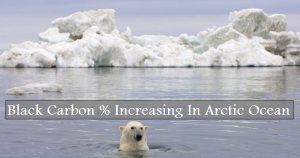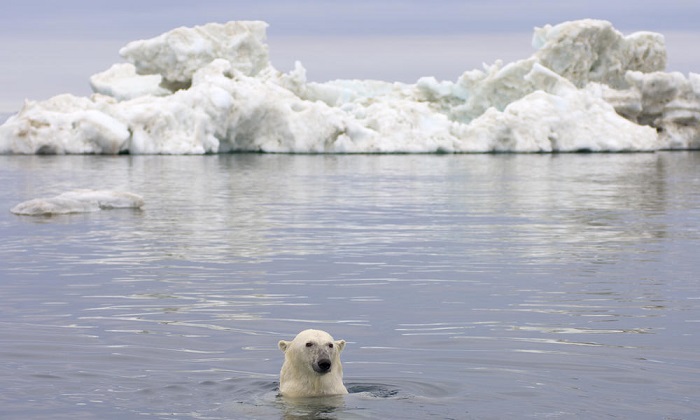
Climate Change Likely To Increase Black Carbon In Arctic Ocean
The levels of black carbon in Arctic rivers has been determined by researchers who found that the input of black carbon to the Arctic Ocean is likely to increase with global warming. Black carbon, or biochar, is formed when vegetation and other organic matter burns.
Today black carbon is a massive store of carbon in global soils, where it is thought to be very stable that researchers have previously suggested that adding black carbon to soils might be a good way to lock away carbon dioxide and reduce climate change.

UGA Skidaway Institute of Oceanography:
Now, researchers at University of Georgia have suggested that the black carbon stored in Arctic soils is being exported to the oceans. The Arctic is warming faster than other regions of the planet due to climate change.
The scientists have reported that, as the planet warms, the amount of black carbon transported to the Arctic Ocean will likely increase. Once dissolved in the ocean and exposed to sunlight, black carbon may be rapidly converted back to the greenhouse gas carbon dioxide.
In ongoing work at UGA and partner universities, Stubbins and his colleagues are trying to determine just how much black carbon will be exported to the Arctic Ocean as the Arctic continues to warm, and once it reaches the oceans, what percentage will reach the atmosphere as carbon dioxide.